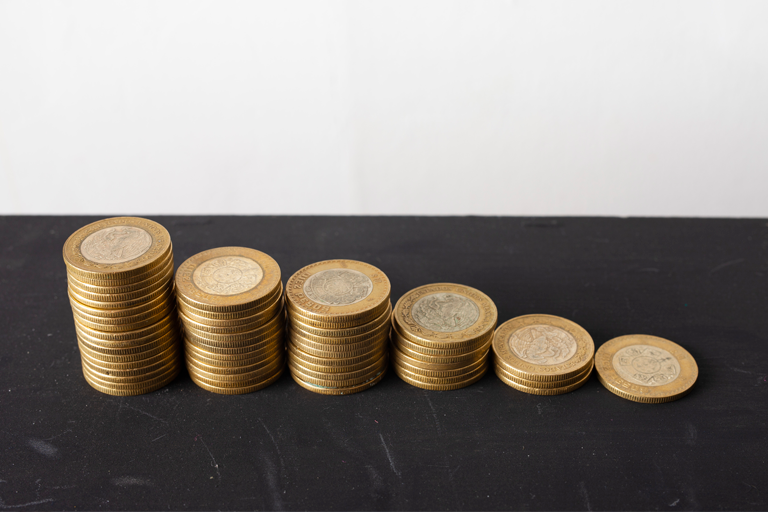Inflation in 2022 & how would it affect your savings?
January 11th, 2022 Financial Planning
Commodity prices are soaring. Edible oils are at an all time high. So we will see further inflation coming. Would FD help? Can the same sectors that gave returns last decade continue to perform where oil , edible oil , food everything rises.
Are we heading for an inflation boom?
Emergence of Omicron could pose downside risk to growth, while inflation is also edging up. Tolerating inflation to support growth was the right call, but change is needed in future. RBI must step in soon and keep things under control. Extra expense towards lifestyle will take a hit as essentials will become expensive. The growth in e-commerce and retail sales during the festive season is a positive trend but would this survive the limited lockdowns and restrictions in different parts of the country.
Savings stored in FD won’t justify your savings. You need to align with the right investment methods to protect your savings and get a net positive growth.
Let us explain it with an example:
Average US inflation for the last 6 months is 5.5%.
Average Indian inflation is almost the same, 5.5%.
But the US govt borrows at 1.5% for 10 year bonds. India borrows at 6.3%.
$ real interest rates: -4%.
₹: real interest rates: +0.8%
Something isn’t right?
NO. it’s called short term vs long term inflation rate with creditable/powerful central bank, country risk premium, world reserve currency with capital account convertibility, rule of law/democracy, strong & independent institutions and judiciary, world's greatest capitalist society with strongest, most innovative companies along with world's best education, healthcare and research institutes. And ultimately, the strongest military in the world, which makes it a safe haven in the times of distress.
All the above factors help the US Dollar to maintain its position at the top.
Increases in the cost of production—due to everything from growth in the cost labor to rises in the cost of raw commodities. Most consumers view inflation as an adverse situation. However, inflation does have a positive side when looked at from an investment standpoint.
Now that we understood the problem, let’s figure out a couple of feasible solutions:
Commodities
For centuries, the leading haven has been gold—and, to a lesser extent, other precious metals. Investors tend to go for gold during inflationary times, causing its price to rise on global markets.
You can put a box of bullion or coins under your bed if a direct purchase suits your fancy, or you can invest in the stock of a company involved in the gold mining business. You can also opt to invest in a mutual fund or exchange traded fund (ETF) that specializes in gold.
We strongly suggest gold dominated ETF & Mutual Funds in such an inflationary situation. Silver ETFs are also good.
Stocks
Stocks can outperform inflation rates. However not all stocks are equal. We should focus on companies that can pass their rising product costs to customers, such as those in the consumer goods & FMCG sector. However, of late FMCG stocks are not so recession resistant as they used to be at some point. After the 2008 recession, the FMCG sector hasn't performed as per expectations. Therefore more focus should be on cyclical commodities or metal stocks.
Real Estate
Real estate is a popular choice as rising prices increase the resale value of the property over time. It can also be used to generate rental income. Just as the value of the property rises with inflation, the amount tenants pay in rent can increase over time. Real estate investment includes direct ownership of property and indirect investment in securities, like a real estate investment trust (REIT).
Prioritize your needs and wants
Last but not the least, see where you can cut back on your budget, which lists your income and expenses, to make up for paying more on some of those essentials, like food and energy. It’s important.
Before implementing any investment strategy, it’s best to speak with a financial professional first.












